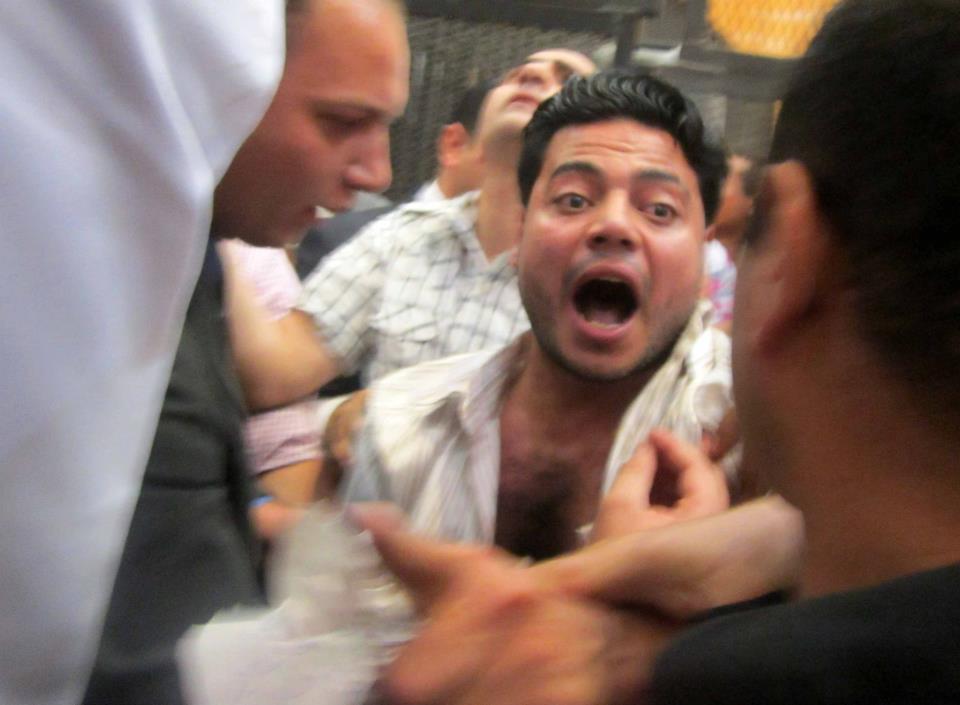Police forces on Sunday allegedly stormed El-Basarta village in Damietta governorate, targeting houses affiliated to the Muslim Brotherhood, journalist Magdy Ahmed told a Brotherhood-affiliated media outlet.
Afterwards, forces imposed a restricted area around El-Basarta village.
The storming operation is reported to be the second in under a week. The village has been targeted on a regular basis by security forces since 2013, following the removal of former president Mohamed Morsi.
“Security forces stormed the village on Sunday at dawn by first surrounding it at different checkpoints, especially around exit and entry points. They then set houses on fire that were associated with former detainees,” he clarified.
The village, widely known for having residents affiliated with the Brotherhood, was subjected to strict security campaigns, which included the arrests of several residents with both the government and Brotherhood accusing each other of violations.
Meanwhile, the Damietta Security Directorate denied information currently being circulated regarding violations being committed against residents of El-Basarta village, according to a high-ranking official who preferred to remain anonymous.
“What is being circulated about the government participating in the arson of houses inside El-Basarta village is absurd and meaningless, it does not deserve to be bothered with a response,” he asserted.
Earlier in 2015, several girls were detained in the village by security forces over their participation in a protest against the current political regime, according to media testimonies issued by residents.
Following the arrest operation, police forces raided several houses of individuals suspected of participating in the violence. A protester who participated in the incident told Daily News Egypt that: “Thugs were helping the police in the dispersal of the protest.” He added: “Some residents in the village participated in turning the protesters in to the police.”
Following Morsi’s removal, Egyptian police engaged in weekly clashes with Brotherhood and pro-Morsi affiliates in several villages. However, resistance in the communities has weakened in the past two years following an immense crackdown.
Anti-government protests have decreased in the aftermath of the 30 June uprising, with the exception of some villages and districts that remain resilient against the regime, following a massive crackdown by police on all protests.
El-Basarta is one of several villages that has been heavily scrutinised by government forces since the ouster of Morsi and is one of the areas known to have a considerable number of Morsi supporters.
Another village that has suffered similar circumstances to El-Basarta is the El-Maymoun village in Beni Suef, which was raided in November 2014.
However, the most prominent raid took place on the village of Kerdasa, where heavy armoured riot police surrounded the village and arrested dozens of civilians.
Protesting is illegal in Egypt without prior permission from the Ministry of Interior. Hundreds of protesters, activists, and students are facing prison sentences on charges of defying this law. According to Article 12 of the Protest Law related to the dispersal of a public assembly, security forces are only required to issue verbal warnings using a microphone before physically interfering to disperse a protest.

